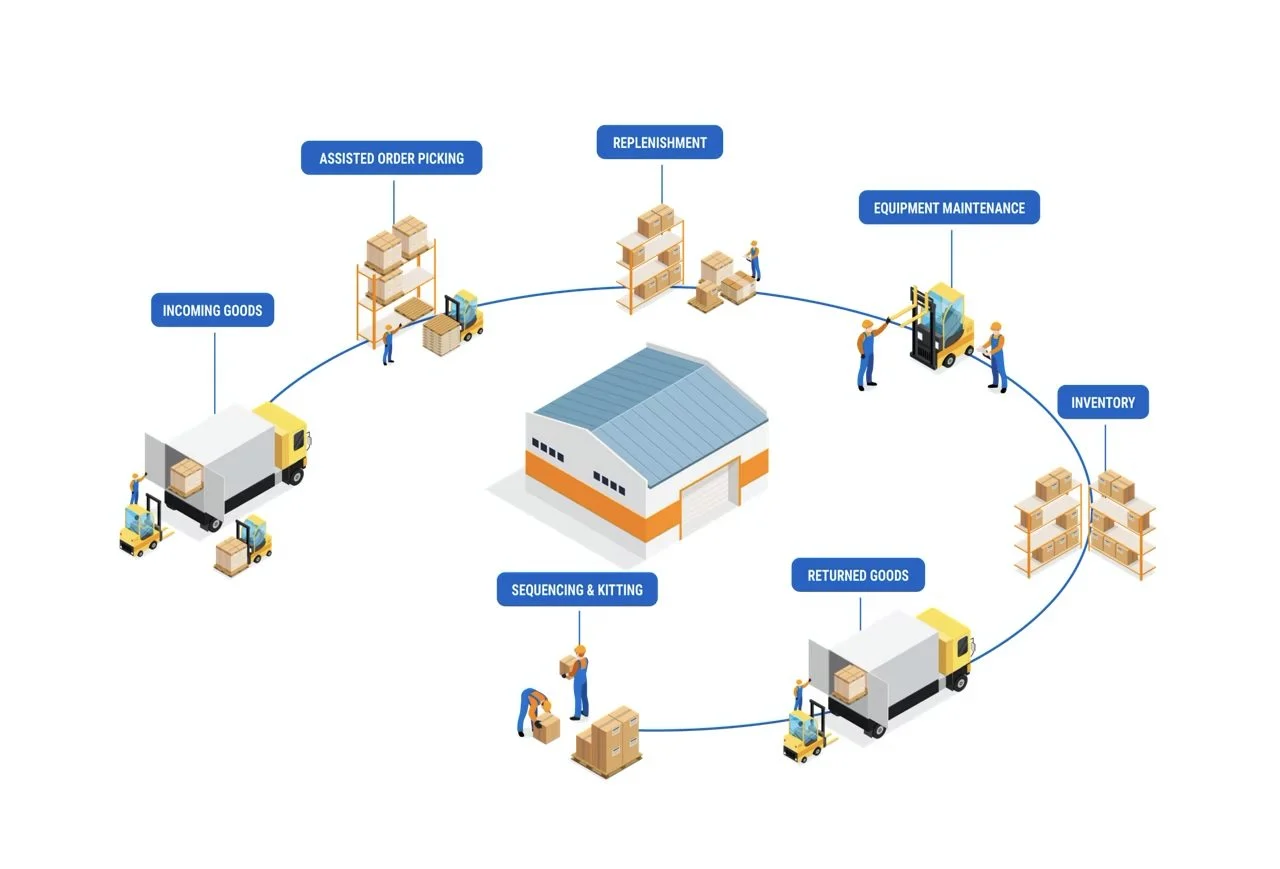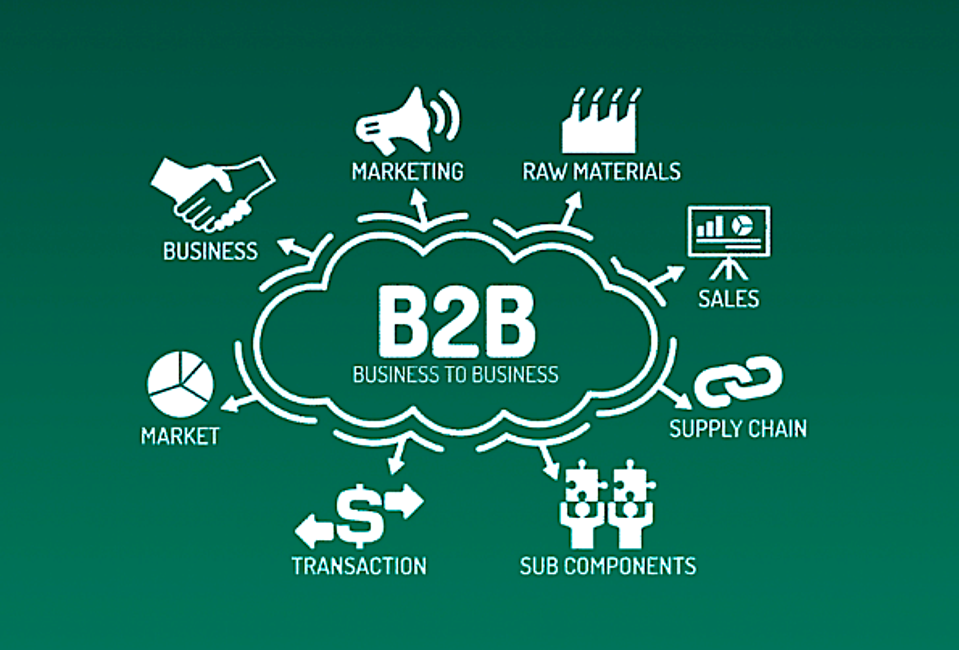Market Demand
Market demand refers to the quantity of a particular product or service that businesses within a specific market segment are willing to purchase at a given price and within a particular period. Understanding market demand in the B2B context involves assessing the needs, preferences, and purchasing behavior of businesses operating within the target market.
Needs and Challenges of Businesses
Market demand is driven by the needs and challenges faced by businesses within a specific industry or market segment.
Customization and Personalization
B2B buyers often seek customized solutions that align with their unique requirements and specifications.
Long-Term Relationships
Market demand is influenced by the reputation, trust, and relationship-building efforts of B2B marketers, as businesses prefer to engage with reliable and reputable partners.
Strategic Marketing and Positioning
Strategic marketing efforts create awareness, communicate value propositions, and influence the perception of products or services, ultimately shaping market demand.
Industry Trends and Regulations
Market demand is influenced by the alignment of products or services with industry trends and the ability to meet regulatory requirements.
Market Segmentation
B2B marketers need to understand the diverse needs of various segments and tailor their offerings and marketing strategies accordingly.


Supply Chain Considerations in market
Supply chain considerations play a critical role in meeting market demand effectively. The efficiency and resilience of the supply chain directly impact a business's ability to deliver products or services to customers in a timely manner.
- Accurate demand forecasting is crucial for aligning production and inventory levels with expected market demand.
- Advanced technologies, such as RFID tracking, IoT devices, and analytics, enhance real-time monitoring and decision-making, improving overall supply chain efficiency.
- A resilient supply chain can adapt to unforeseen challenges, ensuring continuity and minimizing the impact of disruptions on meeting market demand.
- Complying with regulations mitigates legal risks and ensures smooth operations, especially in international markets with varying regulatory requirements.
- Regular assessments and improvements in processes lead to increased efficiency, reduced costs, and better adaptability to market demand changes.

Continuous Improvement
Continuous improvement is a fundamental concept in business that involves ongoing efforts to enhance processes, products, or services. In the context of market demand, businesses strive for continuous improvement to better align with customer needs, respond to changing market dynamics, and maintain a competitive edge.
Using customer insights helps businesses identify areas for improvement, ensuring that products or services meet or exceed customer expectations.
Informed decision-making based on data allows businesses to make strategic adjustments to their offerings, marketing strategies, and overall approach to meet evolving market demand.
The ability to make quick adjustments in response to market feedback ensures that businesses can rapidly adapt to changing demand patterns.
Streamlined processes improve efficiency, reduce costs, and enable businesses to fulfill market demand more effectively.
Globalization and International Considerations
As businesses expand their operations beyond domestic borders, they encounter a range of factors that influence how they approach and respond to market demand.
- Understanding and adapting to cultural differences are crucial for tailoring products, services, and marketing strategies to meet the specific needs of international B2B clients.
- Adhering to diverse regulations, standards, and compliance requirements is essential for international B2B transactions, impacting how businesses structure their offerings.
- Managing currency risks, pricing strategies, and financial operations are critical for international B2B businesses to navigate the complexities of global markets.
Ensuring the efficiency and reliability of global supply chains, addressing customs regulations, and managing transportation logistics are vital for meeting international market demand.
Leveraging technology to bridge communication gaps, ensuring online accessibility, and adapting digital strategies to regional technology landscapes are important for international B2B interactions.

